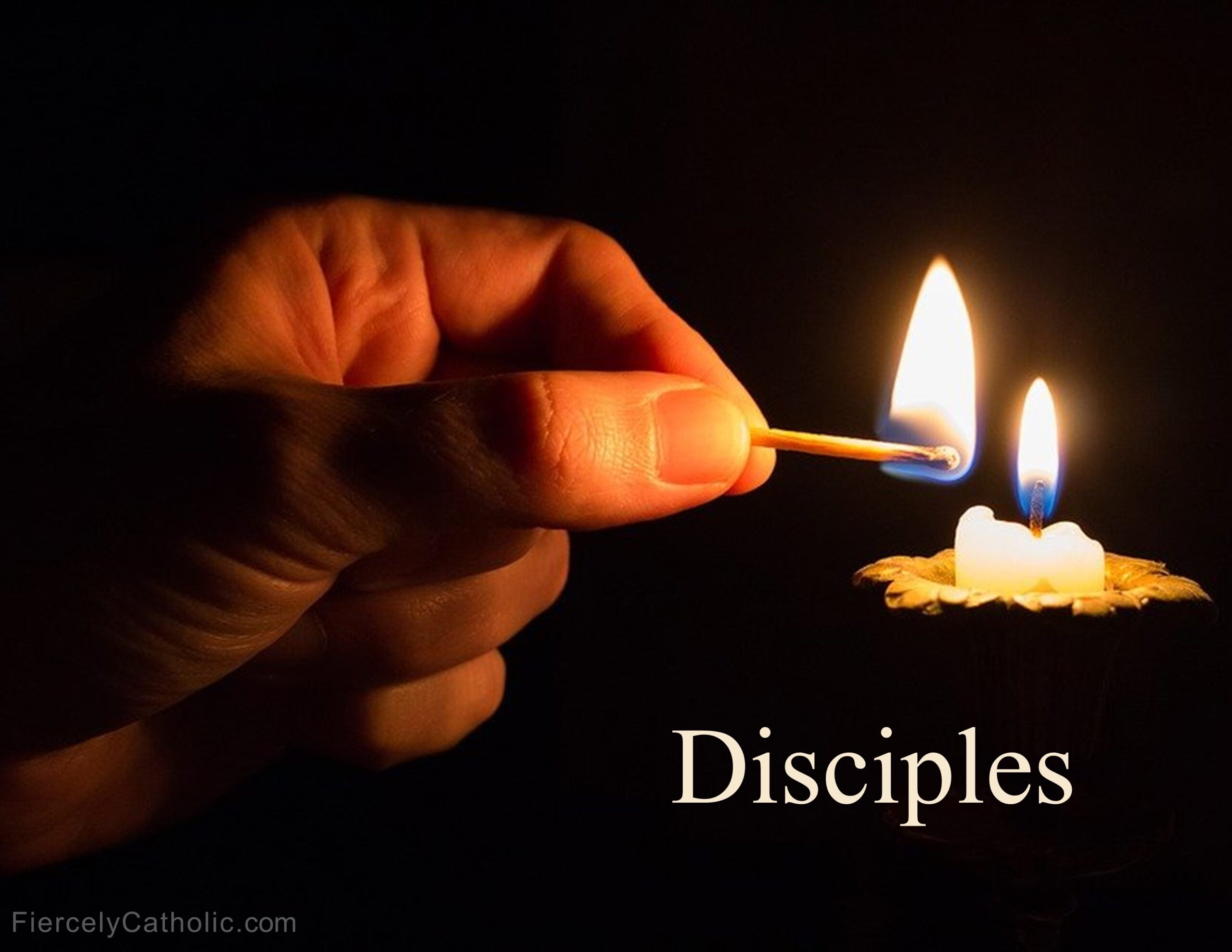
More than just being sorry for past sins, repentance is the act of turning away from sin and reorienting toward God and a life of virtue. This ongoing inner conversion to be who God calls man to be is called metanoia.
Metanoia is a Greek word for “change of mind”. The words “repentance” and “penance” come from the Latin translations. The word “conversion” expresses the same idea of turning around.
Salvation is only possible when Catholics allow their hearts, minds, and behavior to be transformed, with hope in God’s mercy and trust in his grace, so that they can remain united with Jesus by avoiding sin which separates them from Him.
In preparing the way, John the Baptist preached repentance. Jesus began his public ministry with a powerful call for repentance and belief the Gospel. And when Peter preached on Pentecost, he demanded repentance.
Metanoia is not a single event but an ongoing process of deep spiritual conversion and change of heart by being baptized, confessing sins, performing acts of penance, and living a life of faith.
Although inner conversion leads to visible expressions of good works and penance, without true repentance and resolve to change one’s life any outward signs by themselves are empty.
While repentance is integral to Catholic life, there is a special emphasis on metanoia during the season of Lent when Catholics recall that Jesus suffered and died for them, and they prepare to celebrate his Resurrection at Easter.
Repentance is more than you think:
Turning from whatever keeps us from God:
I will give you a new heart, and a new spirit I will put within you. I will remove the heart of stone from your flesh and give you a heart of flesh. I will put my spirit within you so that you walk in my statutes, observe my ordinances, and keep them.
Ezekiel 36: 26-27
Changing the way we act, the way we think, and the way we love:
Repenting is not simply regretting past sins:
The Kingdom of God announced by Christ can be entered only by a “change of heart” (“metanoia”) that is to say through that intimate and total change and renewal of the entire man—of all his opinions, judgments and decisions—which takes place in him in the light of the sanctity and charity of God, the sanctity and charity which were manifested to us in the Son and communicated fully.
Pope Paul VI, Paenitemini, 17 February 1966
Examples of metanoia are throughout Sacred Scripture:
The heart of Christian preaching is the call to repentance:
Interior repentance is a radical reorientation of our whole life, a return, a conversion to God with all our heart, an end of sin, a turning away from evil, with repugnance toward the evil actions we have committed. At the same time it entails the desire and resolution to change one’s life, with hope in God’s mercy and trust in the help of his grace. This conversion of heart is accompanied by a salutary pain and sadness which the Fathers called animi cruciatus (affliction of spirit) and compunctio cordis (repentance of heart).
Catechism of the Catholic Church 1431
All have sinned and need to repent:
There is a continuous need for repentance:
The Truth, Goodness, and Beauty of the Catholic Church
Convinced by history, logic, and truth:
Share this page with friends and family to start a conversation about your faith.
Don’t miss a post. Learn more about the Catholic Church and strengthen your Catholic faith.
Find more Fiercely Catholic video issues here.
Subscribe here.


